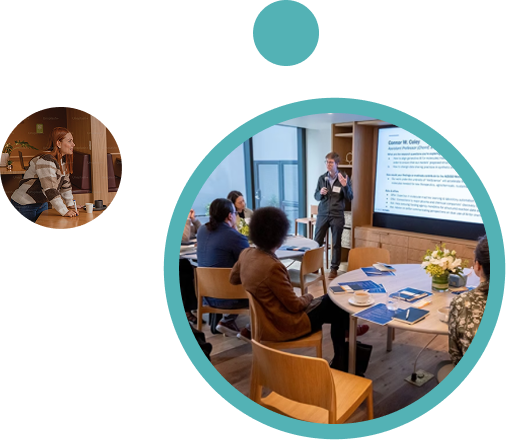Sara Beery
Dr. Sara Beery is the Homer A. Burnell Career Development Professor in the MIT Faculty of Artificial Intelligence and Decision-Making. She was previously a visiting researcher at Google, working on large-scale urban forest monitoring as part of the Auto Arborist project. She received her PhD in Computing and Mathematical Sciences at Caltech in 2022, where she was advised by Pietro Perona and awarded the Amori Doctoral Prize for her thesis. Her research focuses on building computer vision methods that enable global-scale environmental and biodiversity monitoring across data modalities, tackling real-world challenges including geospatial and temporal domain shift, learning from imperfect data, fine-grained categories, and long-tailed distributions. She partners with industry, nongovernmental organizations, and government agencies to deploy her methods in the wild worldwide. She works toward increasing the diversity and accessibility of academic research in artificial intelligence through interdisciplinary capacity building and education, and has founded the AI for Conservation slack community, serves as the Biodiversity Community Lead for Climate Change AI, founded and directs the Workshop on Computer Vision Methods for Ecology, and co-leads the NSF Global Climate Center on AI and Biodiversity Change.
AI2050 Project
Biodiversity data collection is increasing, with platforms like iNaturalist collecting millions of images of species. However, extracting much-needed information from this data to understand ecosystem change and mitigate biodiversity loss is time-consuming and requires expertise. Sara’s AI2050 project develops interactive AI agents that enable experts to efficiently unlock scientific insights, and defines a novel evaluation framework in partnership with scientists across disciplines enabling us to identify and address limitations of current AI methods. Combined, this will result in the development of systems that enhance reproducibility, scalability, and accessibility in scientific research and streamline the path to impact in AI for biodiversity.
Assistant Professor, Massachusetts Institute of Technology
Hard ProblemGreat Opportunities


